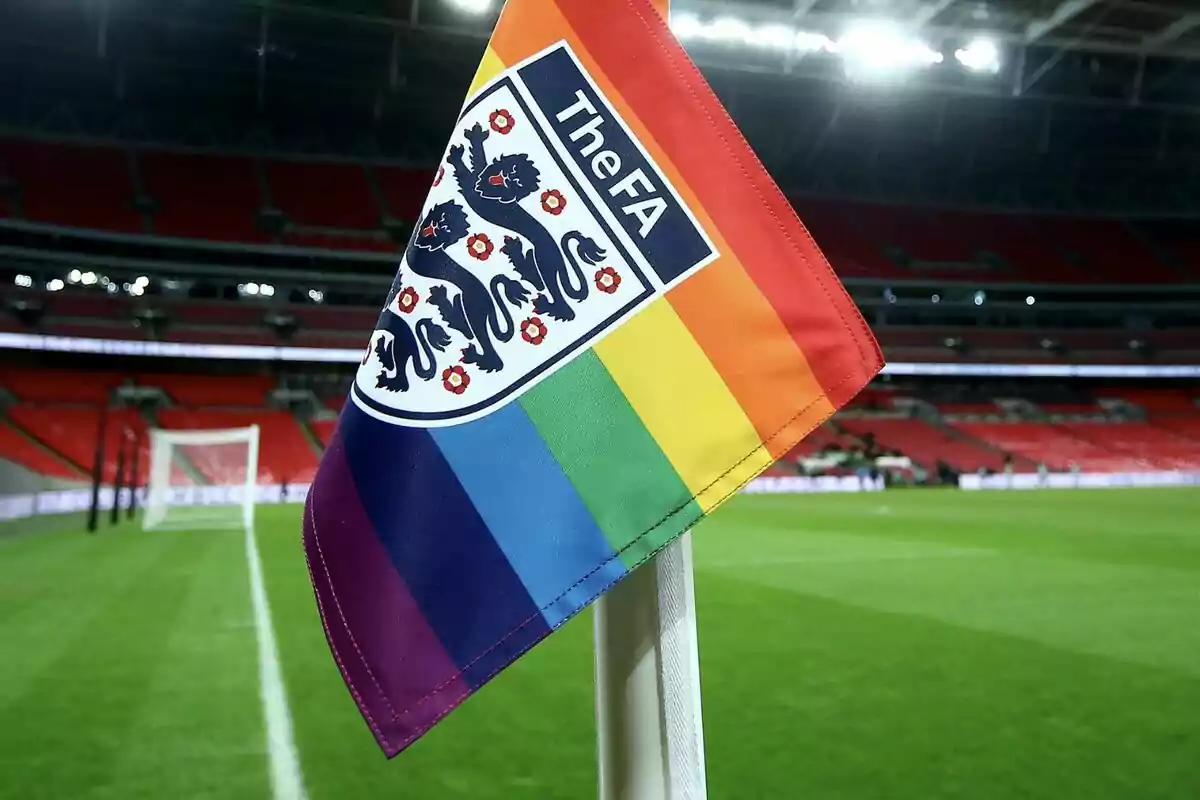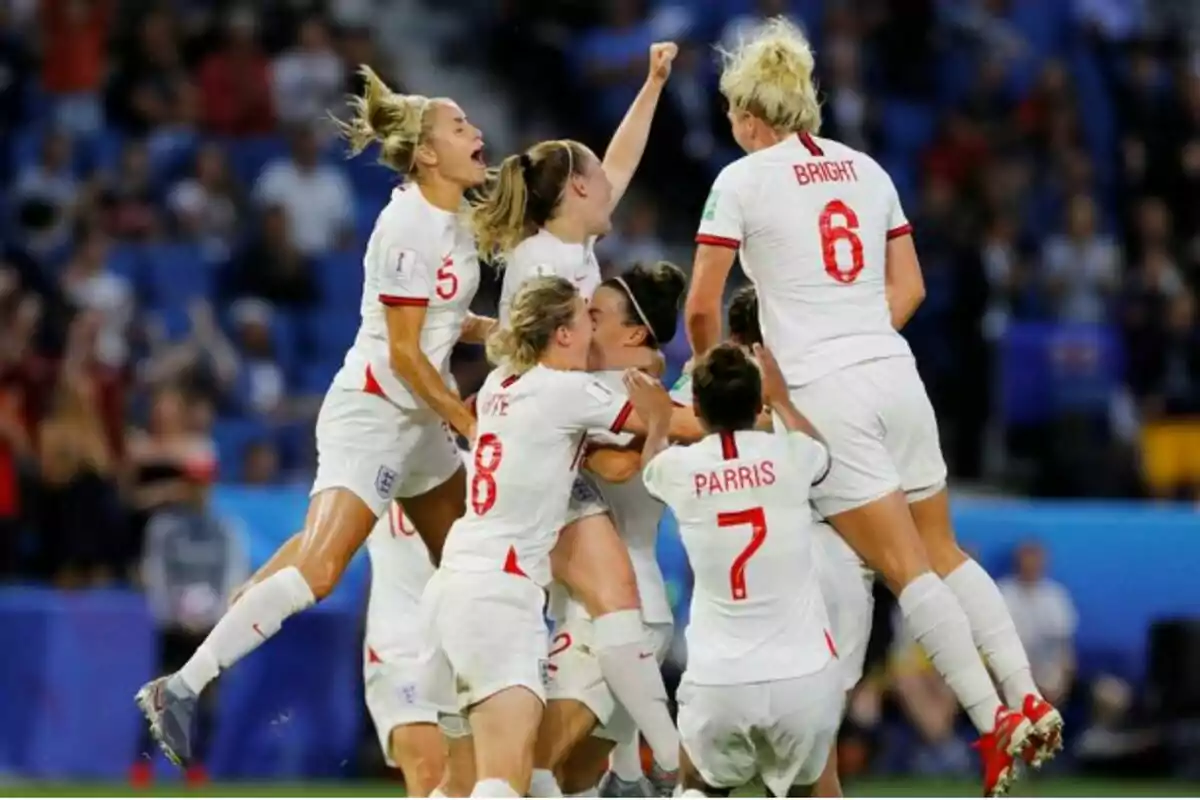
The English Federation Bans Trans Women from Women's Soccer
The recent ruling by the United Kingdom's Supreme Court has opened the door to review in many areas
The English Football Association (FA) announced this Thursday a new regulation that bans the participation of trans women in women's soccer starting June 1. This measure is taken in response to a ruling by the United Kingdom's Supreme Court on April 16. The ruling establishes that the legal definition of "woman" must be based on biological sex.

In an official statement, the FA explained that its mission is to ensure that soccer is accessible to all people. But always respecting national laws and international policies dictated by entities like UEFA and FIFA.
Until now, the federation allowed the participation of trans women in women's soccer. It did so based on current legislation and the advice of legal experts.
However, the recent Supreme Court ruling has forced the FA to change its stance. "Our position has always been that if there is a change in legislation, science, or the way competitions operate, we would review our policies," the statement notes.
With this new regulation, trans women will not be able to participate in women's competitions starting next June 1.
20 Trans Women in Amateur Competitions
At the beginning of April, the FA had already begun to tighten the rules for trans players. It required lower testosterone levels. As well as the evaluation in each match of whether a player could pose a risk to the safety of other participants and the fairness of the competition.
According to FA data, there are currently 20 trans women registered in amateur soccer in England. However, there is no record of any trans players in the country's professional soccer. The new regulation will mainly affect amateur competitions, where these players were active.
The debate on the inclusion of trans people in sports remains a controversial topic worldwide.
Recently, the new president of the International Olympic Committee (IOC), Kirsty Coventry, supported the ban on the participation of trans women in women's competitions at the Olympic Games. However, it has not been defined how to manage the inclusion of trans people in other sports circuits or categories.
Public Debate
The FA's decision has provoked various reactions. Some defend the measure as a way to ensure equality in the sports field. While others consider it discrimination that excludes trans women from full participation in sports.

This regulatory change comes in a context of growing public attention toward the inclusion and rights of trans people. Which keeps the discussion open.
The impact of this new policy will be reflected in upcoming competitions, especially in the amateur field. Although the FA assures that its goal is to ensure a safe and fair environment for all players, the controversy over the exclusion of trans women seems far from being solved.
Meanwhile, the sports community will continue to debate how to balance inclusion with the integrity of competitions.
The situation also raises questions about how the issue will be addressed internationally. Especially in other competitions organized by UEFA and FIFA, which have not yet adopted such restrictive measures.
Over time, it will be crucial to observe how this issue evolves. What solutions sports organizations find to allow the participation of all people without compromising fairness in the game.
More posts: